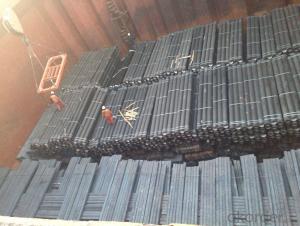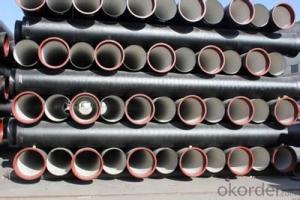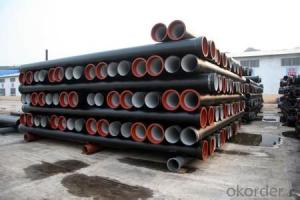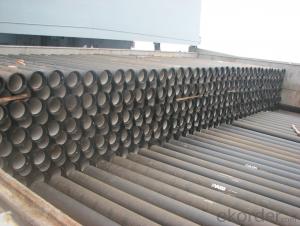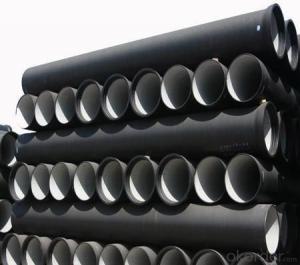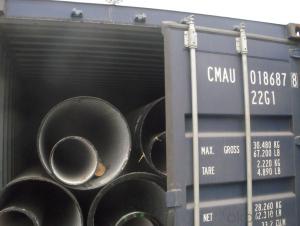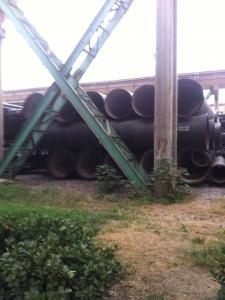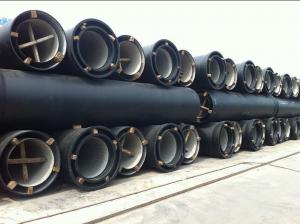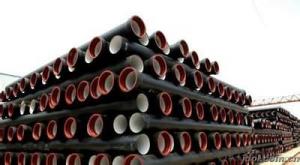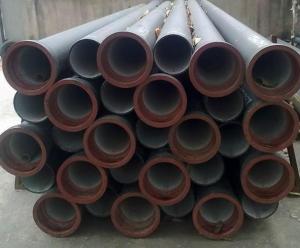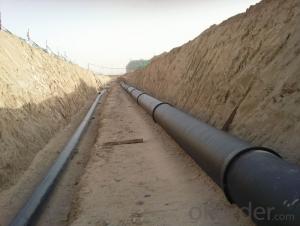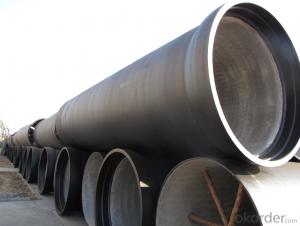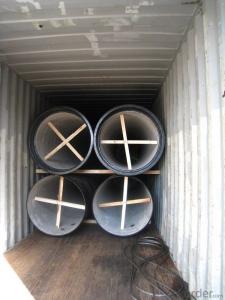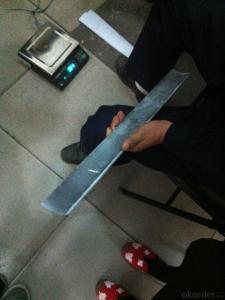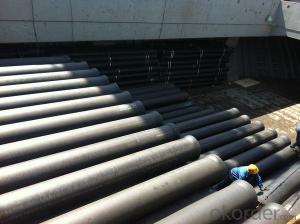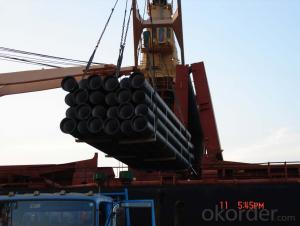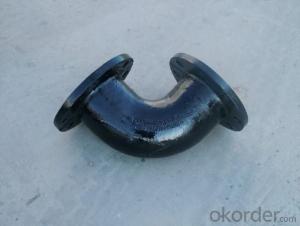All Categories
- - Steel Wire Rod
- - Steel Coils
- - Steel Profiles
- - Steel Pipes
- - Stainless Steel
- - Tinplate
- - Special Steel
- - Steel Sheets
- - Steel Rebars
- - Steel Strips
- - Hot Rolled Steel
- - Cold Rolled Steel
- - Pre-painted Steel
- - Seamless Steel Pipe
- - Welded Steel Pipe
- - Hollow Steel Tubes
- - Galvanized Pipe
- - Stainless Steel Coil
- - Stainless Steel Sheet
- - Stainless Steel Plate
- - Stainless Steel Strips
- - Electrolytic Tinplate Coil
- - Electrolytic Tinplate Sheet
- - Stainless Steel Rebars
- - Solar Panels
- - Solar Water Heater
- - Solar Related Products
- - Solar Inverter
- - Solar Cells
- - Solar Light
- - Solar Energy Systems
- - Solar Controllers
- - Solar Mounting System
- - Solar Pump
- - Solar Chargers
- - Fiberglass Chopped Strand
- - Fiberglass Mesh Cloth
- - Composite Pipes
- - FRP Pultrusion Profiles
- - Fiberglass Mat Tissue
- - Fiberglass Fabrics
- - Fiberglass Mesh
- - Composite Tank
- - Fiberglass Mesh tape
- - Polymer
- - FRP Roofing Panel
- - Fiberglass Roving
- - Monolithic Refractories
- - Ceramic Fiber Products
- - Refractory Bricks
- - Raw Materials For Refractory
- - Suspended Platform
- - Cranes
- - Concrete Machinery
- - Earthmoving Machinery
- - Building Hoist
- - Road Building Machinery
- - Plastic Pipe Fittings
- - Plastic Tubes
- - Plastic Sheets
- - Agricultural Plastic Products
- - Plastic Nets
 All Categories
All Categories
Q & A
How are ductile iron pipes inspected for defects?
Ductile iron pipes are inspected for defects through various methods, including visual inspection, hydrostatic testing, and non-destructive testing techniques. Visual inspection involves visually examining the pipes for any visible defects such as cracks, corrosion, or uneven surfaces. Hydrostatic testing is performed by pressurizing the pipes with water to ensure they can withstand the required pressure without leakage or failure. Non-destructive testing techniques, such as ultrasonic testing or magnetic particle inspection, are used to detect internal defects like cracks or voids without causing damage to the pipes. These inspection methods help ensure the quality and integrity of ductile iron pipes before they are installed or put into service.
How does ductile iron pipe handle traffic loads?
Ductile iron pipe is highly capable of handling traffic loads due to its inherent strength and durability. It is designed to withstand heavy loads and pressure from vehicles passing over it, making it an ideal choice for underground piping systems in roadways, highways, and other areas with high traffic volume. Its ability to resist deformation and maintain its structural integrity under these conditions ensures the safe and reliable transportation of fluids while minimizing the risk of pipe failure or damage.
Can ductile iron pipes be used for gas transmission pipelines?
Yes, ductile iron pipes can be used for gas transmission pipelines. Ductile iron is a strong and durable material that can withstand high pressure and load requirements. It has excellent corrosion resistance and can effectively transport gas over long distances. However, it is important to ensure proper coating and cathodic protection to prevent any potential corrosion issues.
Can ductile iron pipes be used for oil and gas pipelines?
Yes, ductile iron pipes can be used for oil and gas pipelines. Ductile iron possesses high strength and durability, making it suitable for transporting oil and gas under high pressure and corrosive conditions. However, the specific application and requirements of the pipeline should be considered to ensure compliance with industry standards and regulations.
Wholesale Ductile Iron Pipes from supplier in Ghana
Our team of experts is highly knowledgeable about the requirements and specifications of Ductile Iron Pipes in Ghana. We understand the local market dynamics and can provide you with tailored solutions that meet your specific needs.
Our comprehensive range of Ductile Iron Pipes includes various sizes, grades, and coatings to ensure durability and longevity. Whether you require pipes for water supply, sewerage systems, or irrigation projects, we have the right product for you.
In addition to supplying high-quality Ductile Iron Pipes, we also offer sales and quotation services. Our team can assist you in selecting the most suitable pipes for your project and provide competitive pricing. We strive to offer cost-effective solutions without compromising on quality.
Furthermore, we provide technical support services to ensure that your projects run smoothly. Our experienced engineers can offer guidance on installation, maintenance, and troubleshooting. We are committed to delivering exceptional customer service and are always available to address any concerns or queries you may have.
As a subsidiary of CNBM, a Fortune Global 500 company, we have the resources and capabilities to handle large-scale projects. Our vast network enables us to efficiently manage logistics and deliver products to your desired location in Ghana.
Partnering with us means gaining access to our extensive industry knowledge and expertise. We have successfully completed numerous projects in Ghana and have a proven track record of delivering high-quality products and services.
Contact us today to discuss your requirements and let us help you with your Ductile Iron Pipe procurement needs in Ghana.
Our comprehensive range of Ductile Iron Pipes includes various sizes, grades, and coatings to ensure durability and longevity. Whether you require pipes for water supply, sewerage systems, or irrigation projects, we have the right product for you.
In addition to supplying high-quality Ductile Iron Pipes, we also offer sales and quotation services. Our team can assist you in selecting the most suitable pipes for your project and provide competitive pricing. We strive to offer cost-effective solutions without compromising on quality.
Furthermore, we provide technical support services to ensure that your projects run smoothly. Our experienced engineers can offer guidance on installation, maintenance, and troubleshooting. We are committed to delivering exceptional customer service and are always available to address any concerns or queries you may have.
As a subsidiary of CNBM, a Fortune Global 500 company, we have the resources and capabilities to handle large-scale projects. Our vast network enables us to efficiently manage logistics and deliver products to your desired location in Ghana.
Partnering with us means gaining access to our extensive industry knowledge and expertise. We have successfully completed numerous projects in Ghana and have a proven track record of delivering high-quality products and services.
Contact us today to discuss your requirements and let us help you with your Ductile Iron Pipe procurement needs in Ghana.
Hot Search
- Ductile Iron Pipes in Bengal
- Ductile Iron Pipe Fittings in Brazil
- Ductile Iron Pipe Fittings in Kuwait
- Ductile Iron Pipes in Papua New Guinea
- Ductile Iron Pipe Fittings in Algeria
- Ductile Iron Pipe Fittings in Switzerland
- Ductile Iron Pipe Fittings in Haiti
- Ductile Iron Pipes in Armenia
- Ductile Iron Pipes in Nigeria
- Ductile Iron Pipe Fittings in Indonesia
